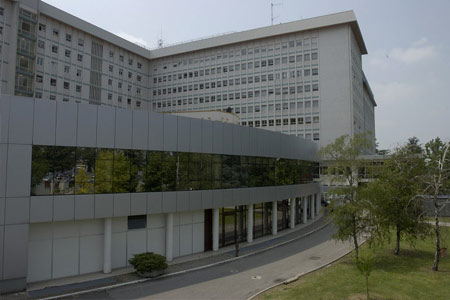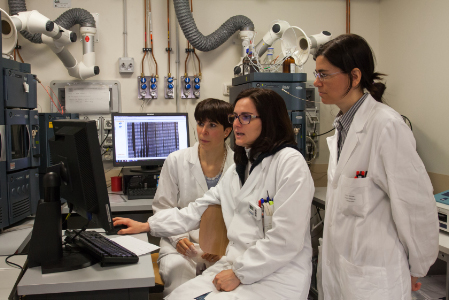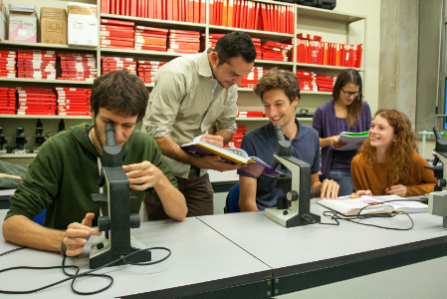As the promise of stem cell-based therapies begins to be realized, and efforts to bring advances to the clinic mount, the source of these cells is increasingly important. The morbidity associated with harvesting stem cells from solid organs and the invasive nature of bone marrow biopsies may limit their practicality for wider clinical applications. An emerging body of literature suggests that adipose tissue may provide an abundant, readily accessible source of mesenchymal stem cells (MSCs) with similar potential to that described of other adult stem cells.
The effect of adipose-derived stem cells (ADSCs) have never been tested in experimental models of multiple sclerosis. The present project proposes a multidimensional approach that will allow to analyze the efficacy and the mechanisms of ADSCs based therapy in animal models of experimental autoimmune encephalomyelitis (EAE). Complementary advanced technologies are used to characterize the sites of action of ADSCs in EAE mice at different time points of disease.







